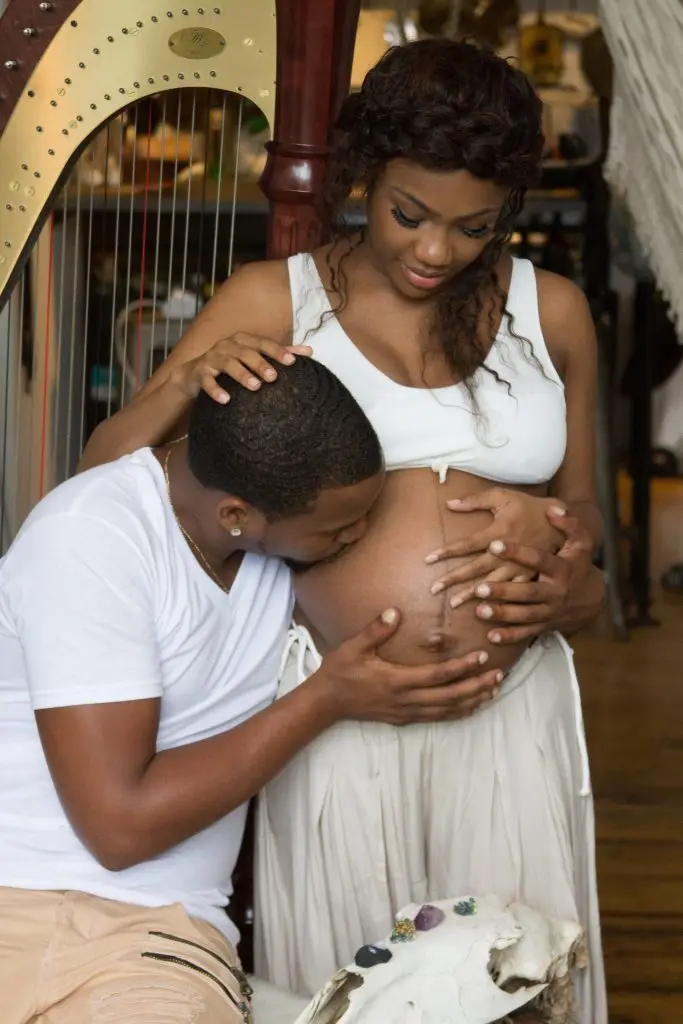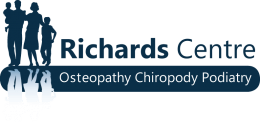Aches and pains in pregnancy
The profound changes that occur to muscles and ligaments, especially of the spine and pelvis during pregnancy in the First Trimester, Second and Third Trimester, can lead to major aches and pains in pregnancy, sometimes strong enough for them to be disabling.
Even the best pregnancies comes with the odd pregnancy body aches and pains in pregnancy. Some of these do go away as you progress through your pregnancy, but others can be easily soothed.
40 +Years Experience
Osteopath During Pregnancy
Osteopathy can assist with the mechanical changes that cause so many problems, keeping you moving, helping reduce pain, and maintaining mobility. It is a gentle way of helping the body adapt to the changes taking place.
Osteopathy certainly has a helpful role to play throughout pregnancy. One study shows that sessions with an osteopath can result in an easier labour and delivery, and another demonstrated that osteopathy helps maintain good low back function throughout pregnancy.
Commonly during pregnancy, the hip joints start to become laterally rotated to accommodate the bump and stabilize the anterior weight gain. These put increased stresses on the symphysis pubis.
As the abdomen enlarges, your abdominal muscles naturally get longer, thinner and less supportive, creating increased demand on your inner thigh muscles. As the inner thigh muscles tighten and shorten, it pulls the symphysis pubis laterally and inferiorly.
Your osteopath is trained to assess the body holistically and will use gentle techniques to improve joints mobility and ease the supportive muscles and ligaments making sure your right and left sides are balanced. Besides, your osteopath will also address any tension or restriction in your body that might have been present before the pregnancy and that have predisposed you to pelvic pain. Listed are a few of the body aches and pains in pregnancy you may experience.

Back Pain in Pregnancy
The most common cause of lower back pain in pregnancy comes from the strain that is put on the joints of your lower back and pelvis as your baby grows and gets heavier. As your weight of your baby increases and shifts to the front of your body you balance by leaning backwards, which puts additional pressure on your lower back muscles causing back pain. This can cause pregnancy aches and pains, stiffness and soreness, body aches and lower back pain. Your abdominal muscles also weaken during pregnancy and provide less support to your back. Pregnancy hormones can also contribute to pregnancy related back pain.
Dental Pain in Pregnancy
You may experience implantation cramps at the very beginning of your pregnancy, this is when the fertilised egg burrows into the lining of the womb. Or sometimes cramping and body aches and pains can be due to increased progesterone levels in early pregnancy.
You may also fell a sharp pain or muscle spasm in your pelvis, which can be due to stretching ligaments around the uterus. This can be called round ligament pain.
Towards the end of the second trimester you may experience things like practice contractions called Braxton Hicks. These may get stronger the closer you get to your due date during the third trimester and final weeks of pregnancy.
As your pregnancy hormones rise they may cause headaches and pain. Before you take painkillers check with your GP as there are some to avoid during pregnancy. If you have very severe headaches you should always consult your GP or midwife, as this could indicate a more serious condition like high blood pressure or pre-eclampsia.
This is one of the most common body aches in the second and third trimester of pregnancy. These often occur at night in the calf or foot. They can be caused by changes in circulation or from deficiencies in calcium, phosphorus or magnesium. Getting light regular exercise may help.
Many women experience heartburn when pregnant. When you are pregnant your hormones relax the valve between your Oesophagus and your stomach, which allows stomach acid to leak back and cause heartburn during pregnancy.
You can avoid this by avoiding lying down three hours after a meal to help prevent heartburn, and don’t eat too late in the evening close to bedtime. If you still suffer at night, something you can do is elevate your head with pillows which should help it go away.
Certain foods can cause heartburn so need to be avoided if you are suffering. Foods that can trigger heartburn are fried or spicy food, citrus fruits and chocolate. Try eating small but frequent meals which could help until it goes away.
Ligaments stretching during pregnancy can cause a sharp pain that can feel like a muscle spasm in your lower abdomen area. It can occur either side and can also linger, it’s nothing to worry about, it’s just a sign of your growing baby, and one of the common pregnancy aches and pains in pregnant women.
Try to move slowly and avoid sudden movements when getting up. If you are concerned about abdominal pain always consult your midwife or GP.
If you feel tingling or numbness in your hands during pregnancy, it could be carpal tunnel syndrome. This condition is normally associated with repetitive hand movements, but extra fluid and swelling during pregnancy can also cause these symptoms.
Restless Leg Syndrome in Pregnancy
Just as you’re finally drifting off, many pregnant women feel a jittery, jarring movement in your legs. Or maybe there’s a creepy-crawly feeling that might be painful. While at first you think it may be leg cramps which tend to suddenly cripple your leg with pain restless leg syndrome (RLS) feels as if there’s an energy moving about your legs.
Make an Appointment
If you require any further help on pregnancy health or information on our osteopath services for pregnant women please get in touch with a member of our friendly team.

